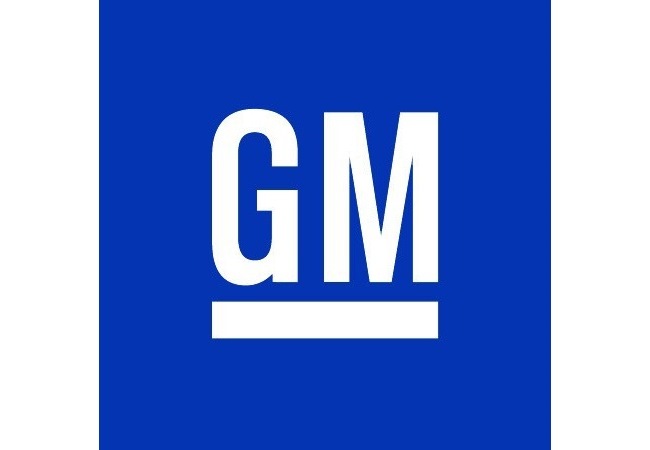We have seen this movie before, except this time it is slightly different. Subprime loan liabilities in mortgages were hidden from bank balance sheets when they bundled the mortgages into securities and sold them to Fannie Mae and Freddie Mac. The total value of these securities peaked at $7.3 trillion in 2007. While this isn’t technically a pyramid scheme, it definitely has a pyramidal structure to it.
General Motors Co. (NYSE: GM) and Ford Motor Co. (NYSE: F) are now involved in a similar scheme, with two major differences. The first is it is a lot smaller, an auto loan being much smaller than a mortgage. The total dollar value of auto loans is now up to $932 billion, about 13% of the size of the mortgage-backed security market at its peak.
The other major difference is the way it is structured. Fannie Mae and Freddie Mac were not directly related to the banks issuing the mortgages. They just bought the securitized loans from the banks. In the case of Ford and GM, there are Ford Credit and GM Financial, both wholly owned subsidiaries of the respective auto giants themselves, functioning as the rough equivalent of Fannie Mae and Freddie Mac for the housing market.
In Ford’s words (page 8): “Ford Credit earns its revenue primarily from payments made under retail installment sale and lease contracts that it originates and purchases.”
In GM’s words (page 10): “In North America GM Financial’s consumer automobile finance programs include sub-prime lending, full credit spectrum leasing and, more recently, prime lending.”
It is nice to know that GM has recently gotten into the prime lending business.
ALSO READ: Customer Service Hall of Fame
These auto-loan backed securities can be legally hidden from a company’s balance sheet under certain circumstances, making companies look more financially healthy than they really are. For GM this seems to be working for now, as long-term debt is only $8.7 billion. Perhaps this comparatively low number is less comforting when other liabilities, including pensions, now total $72 billion, and the fact that interest expense has increased 137% for GM since 2012.
For Ford though, its balance sheet debt is astronomical anyway at $123 billion, and it is hard to see how Ford will extricate itself from such a deep debt hole.
Both companies’ earnings have fallen precipitously since 2012, GM’s by 36% and Ford’s by 43%. That is why both have vastly underperformed the S&P 500 over a five-year period, with GM doing particularly awful, down 9% in five years. And this is all happening in the midst of the loosest credit in the auto loan market ever.
If that market ever tightens, and it inevitably will, business will be squeezed from two sides for both companies. First, sales obviously will fall as subprime borrowers become unable to qualify for loans, and the revenues of Ford Credit and GM Financial, which earn money from repayments on auto loans, will also be squeezed as existing auto loan-backed securities default.
We are not there yet, as the delinquency rate on these loans has dropped to a five-year low, according to Bloomberg. But the problem is, if such a stable and huge auto loan credit market is not enough to drive GM and Ford shares higher, then what will?
ALSO READ: Iconic Car Prices Then and Now
The Average American Is Losing Momentum On Their Savings Every Day (Sponsor)
If you’re like many Americans and keep your money ‘safe’ in a checking or savings account, think again. The average yield on a savings account is a paltry .4%1 today. Checking accounts are even worse.
But there is good news. To win qualified customers, some accounts are paying more than 7x the national average. That’s an incredible way to keep your money safe and earn more at the same time. Our top pick for high yield savings accounts includes other benefits as well. You can earn a $200 bonus and up to 7X the national average with qualifying deposits. Terms apply. Member, FDIC.
Click here to see how much more you could be earning on your savings today. It takes just a few minutes to open an account to make your money work for you.
Thank you for reading! Have some feedback for us?
Contact the 24/7 Wall St. editorial team.



